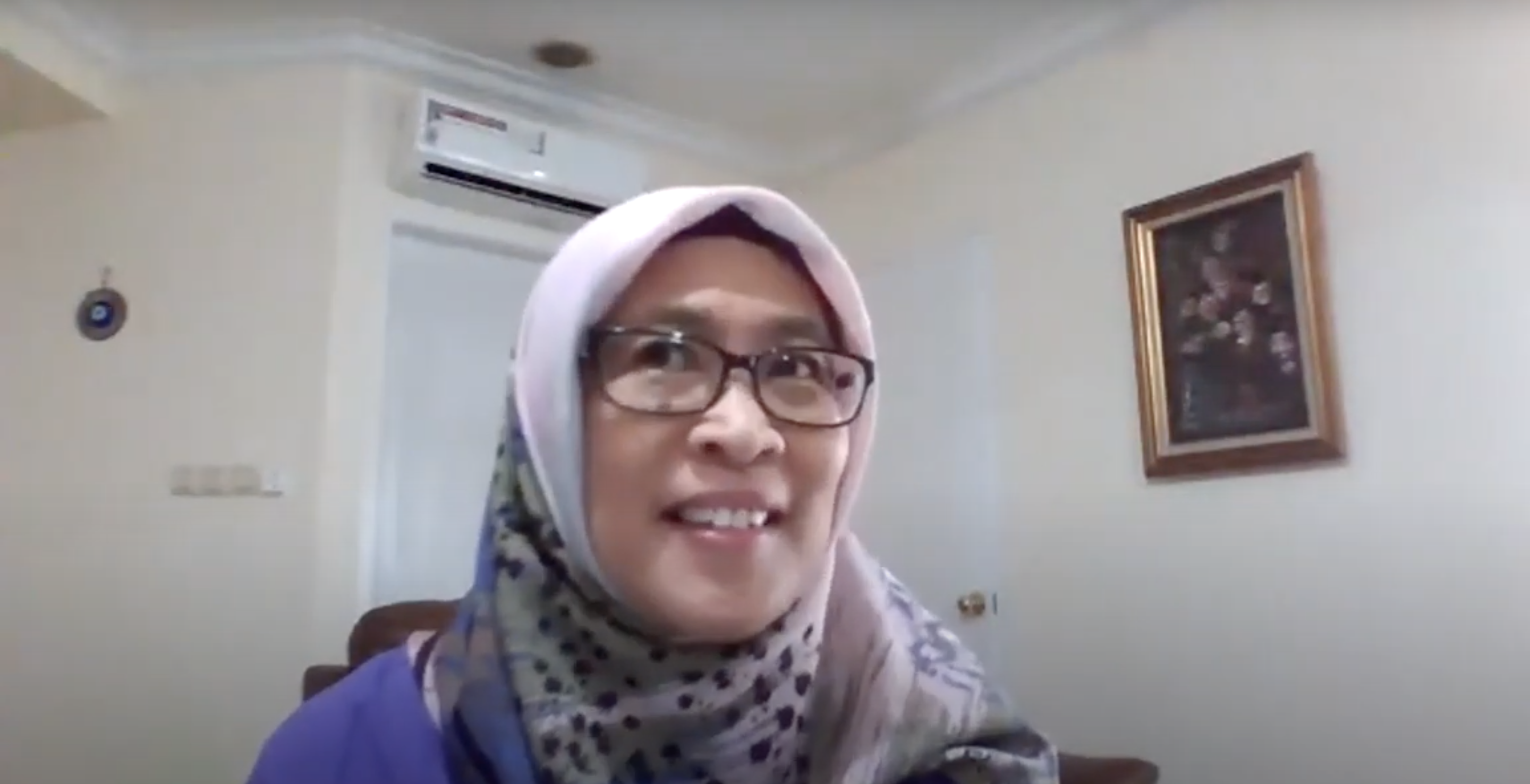Indonesia sets high rice production targets to achieve food self-sufficiency. However, paddy farmers face a high risk of uncertainty and loss of production due to disasters and attacks from pests driven by climate change. To protect farmers, particularly the small ones, from the risks, the government implemented the Rice Farming Insurance (AUTP) program since 2012. Although the program is important, its sustainability is questioned as it has only reached around half of the targeted 3 million participating farmers. A study was then conducted in Jambi and West Java to evaluate and find ways to improve the program. Deny Hidayati (Centre for Population Research LIPI) presented the results of the study at a live FKP Webinar on Thursday, 23 April 2020.
The study provided a broad description of the regulatory framework now facing the AUTP and identified four key strategies to improve the program: (1) management of AUTP, (2) socialization of AUTP, (3) insurance membership, (4) insurance claim process. To improve the management of AUTP, the program requires a better regulatory framework to improve the program. To increase the socialization of AUTP, the program needs to develop better outreach guidelines and involve more of its stakeholders. To increase the number of its participants, AUTP needs to evaluate the requirements and incentives for farmers to join the program. Lastly, to improve the insurance claim process, a better procedure backed with a team of higher capacity needs to be released. The full study report can be accessed through the following link.
During the Q&A session, webinar attendees from Kalimantan and Aceh confirmed the low level of interest amongst farmers to enroll in the AUTP, citing low willingness to pay for the insurance cost. Additionally, interests for purchasing the insurance come mostly from farmers in the region where frequent crop failure occur due to endemic pests (and therefore requiring frequent sizable insurance pay out). Farmers in regions were crop failures rarely occur are not interested in purchasing the insurance. This situation is problematic given that if only high risk farmers enroll in the program, the program cost will be prohibitive. Webinar participants from Jasindo (the state-owned company assigned with managing the insurance) also described fraud by farmers, where they initiated crop planting, then let the crop fail and claim insurance.
For the complete presentation and Q&A session, please refer to the video and materials provided.





